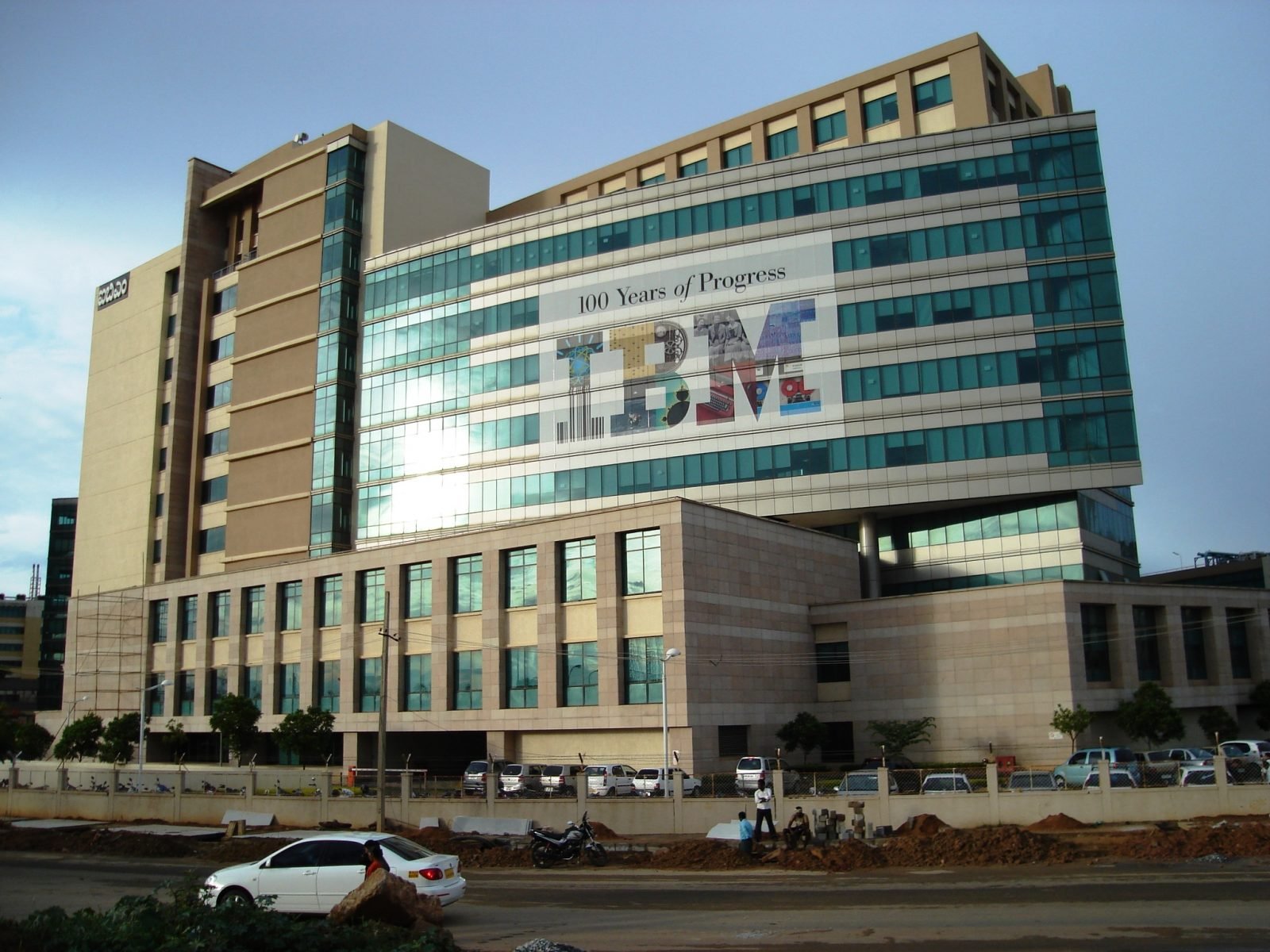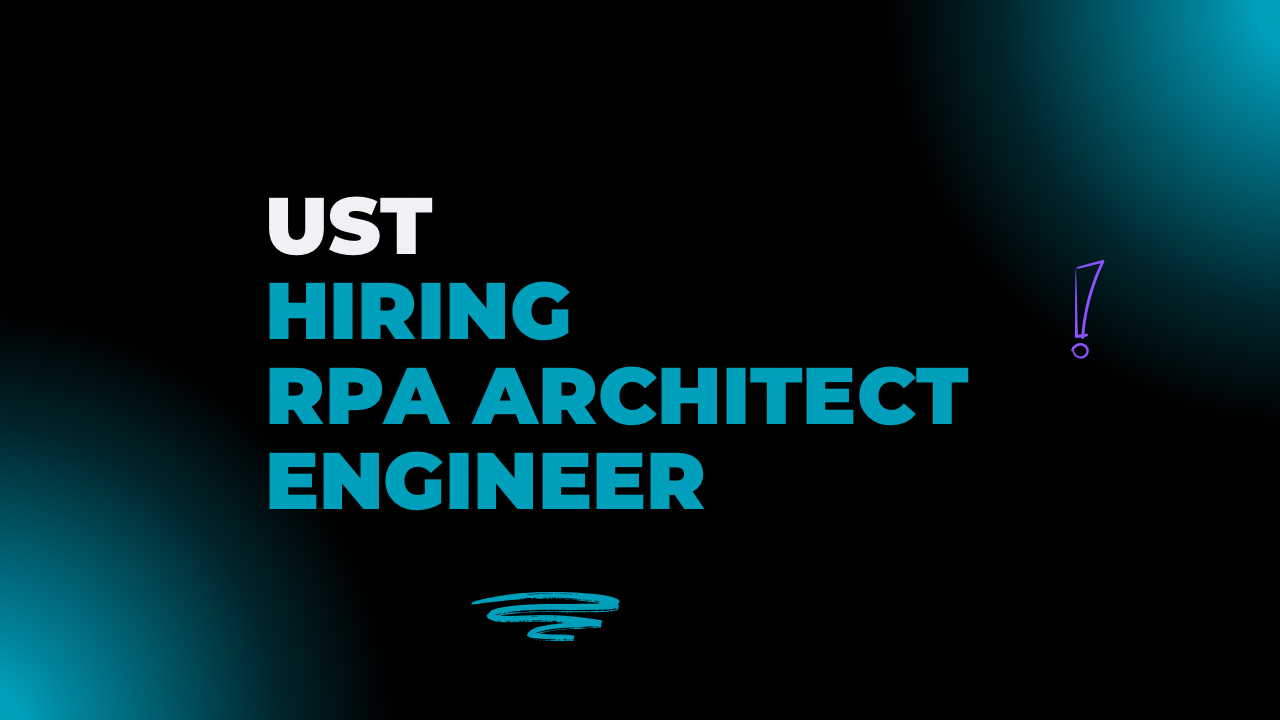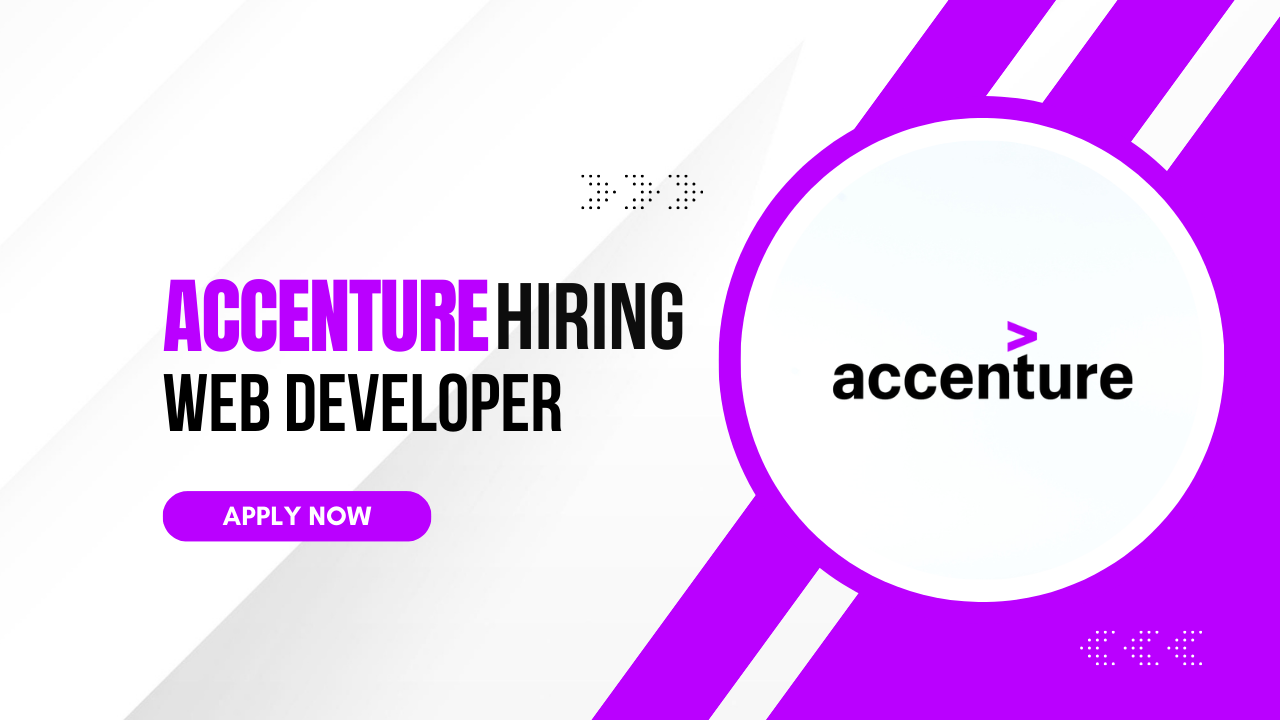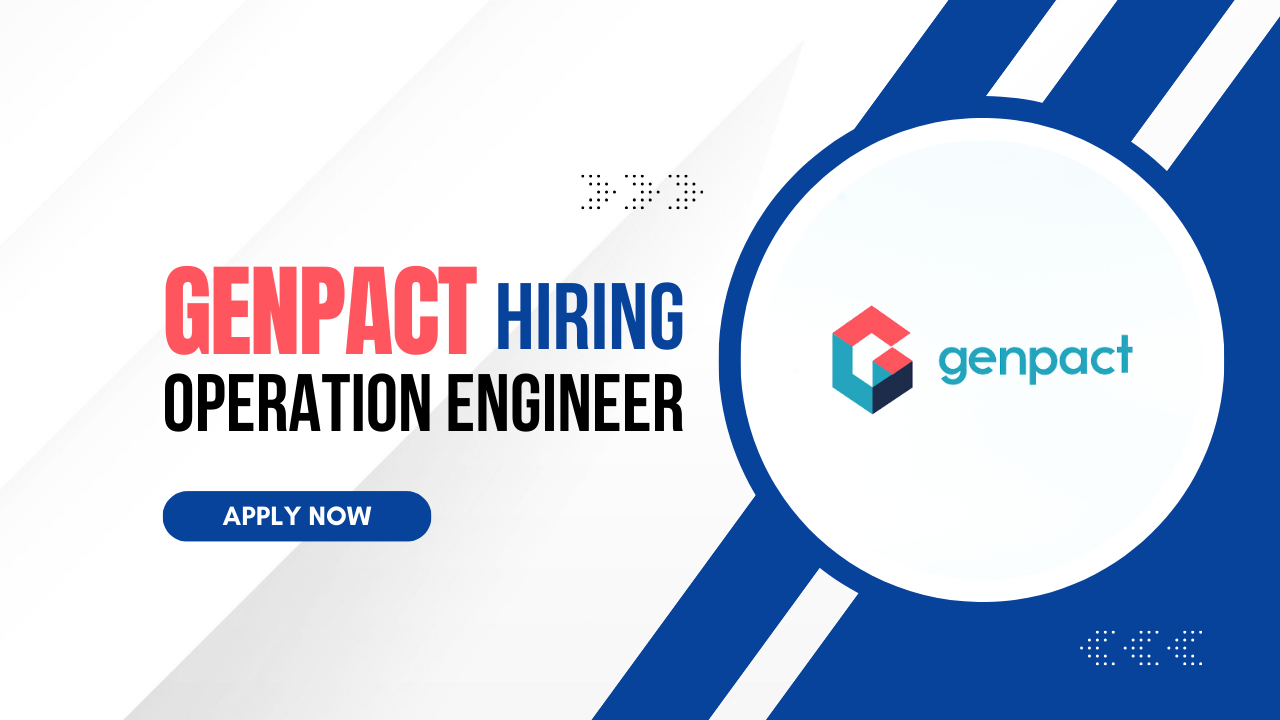IBM Recruitment Drive :-
IBM Recruitment Drive: Software Developer 2025: Exciting news for aspiring Software Developers! IBM, a global leader in technology and innovation, is seeking talented individuals to join their team as Software Developers in Ahmedabad. At IBM, this role goes beyond just building and coding – it’s about collaborating, inventing, and transforming industries with cutting-edge solutions. If you have a passion for solving complex problems and want to work with the latest technologies, this opportunity is for you. Ready to be a part of something bigger? Visit Kaabil Jobs now to explore this exciting role and start your journey with IBM!
𝐏𝐚𝐲 𝐀𝐟𝐭𝐞𝐫 𝐏𝐥𝐚𝐜𝐞𝐦𝐞𝐧𝐭 𝐓𝐫𝐚𝐢𝐧𝐢𝐧𝐠 𝐏𝐫𝐨𝐠𝐫𝐚𝐦- 𝐆𝐞𝐭 𝐏𝐥𝐚𝐜𝐞𝐝 𝐈𝐧 𝐓𝐨𝐩 𝐌𝐍𝐂’
Overview
Qualifications
- Strong programming skills in languages such as Java, C, C++, Go, Scala.
- Proficiency in SQL databases (Db2, PostgreSQL, MySQL, Oracle, SQL Server, etc.).
- Experience with virtualization and containerization technologies.
- Knowledge of Docker and Kubernetes frameworks.
- Exposure to cloud services such as IBM Cloud, AWS, or Microsoft Azure.
- Strong problem-solving and troubleshooting skills.
- Knowledge of Linux/UNIX operating systems.
Roles and Responsibilities
- Design, develop, test, and maintain secure cloud-based database features.
- Collaborate with IBM’s top-tier teams to enhance software services.
- Operate and monitor cloud systems, ensuring maximum uptime and security.
- Troubleshoot and resolve issues with innovative solutions.
- Mentor and share your technical expertise with team members.
Skills Required
- Develop, test, and maintain database features for cloud-based products and services.
- Evaluate new technologies to improve IBM’s service capabilities.
- Proficiency in documenting processes and sharing knowledge with peers.
- Deep understanding of containerization (Docker, Kubernetes).
- Familiarity with cloud infrastructure (IBM Cloud, AWS, Azure).
- Strong technical writing and documentation skills for mentoring and knowledge transfer.
Job Description:-
As a Software Developer at IBM, you will play a crucial role in building secure and innovative cloud-based solutions. Your responsibilities will include designing, coding, and maintaining various software tools and features, collaborating with leading minds in the field, and contributing to IBM’s renowned products like WatsonX, Cloud Pak for Data, and DB2. IBM’s software developers are critical to the success of their global operations, ensuring solutions for industries that impact millions of lives every day.
- Software Design & Development
- Design, develop, test, and maintain database features for cloud-based software solutions.
- Collaborate with cross-functional teams to develop and enhance IBM’s software products.
- Work on IBM’s leading products like WatsonX, DB2, OpenPages, Cloud Pak for Data, and more.
- Technical Evaluation & Innovation
- Evaluate and incorporate emerging technologies into existing services to improve performance and scalability.
- Continuously learn and stay updated with the latest software development tools and practices.
- Participate in architectural design discussions to implement cutting-edge technologies.
- Problem-Solving & Troubleshooting
- Provide quick and effective solutions to complex software challenges.
- Use analytical skills to resolve issues and improve software efficiency.
- Analyze performance issues and bottlenecks, recommending solutions to ensure smooth operation.
- Cloud Development
- Develop features for cloud environments using Docker, Kubernetes, and cloud services like IBM Cloud, AWS, and Microsoft Azure.
- Design software that leverages the full potential of cloud infrastructure for optimized performance.
- Collaboration & Mentoring
- Share knowledge through documentation and mentorship programs.
- Guide junior developers and contribute to team success through knowledge sharing.
Kaplan Recruitment Drive Application Process:-
Apply In Below Link
Apply Link:- Click Here To Apply (Apply before the link expires)
Note:– Only shortlisted candidates will receive the call letter for further roundsTop MNC’s Hiring Across India , Upload Your Resume
Join Us For Regular Job Updates



